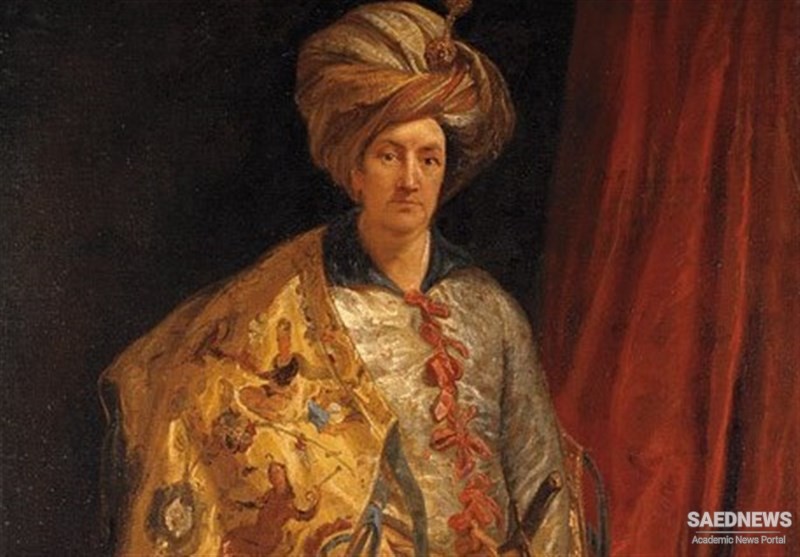Nevertheless, alongside the successes of the statesman, the general, and the far-sighted politician must be reckoned also the achievements of the builder of cities, the architect and the patron of the arts. Enterprise, energy, shrewdness and a degree of tolerance remarkable for his time went together in 'Abbas with intellectual curiosity, as is clear from his taste for conversations with Islamic and Christian theologians and with western diplomats and merchants, his aesthetic sensitivity and, albeit with certain limitations, his knowledgeability in artistic matters.
In spite of his many talents, the shah was unable to muster either the statesmanship or the personal qualities to contend with one momentous problem relating both to the political situation and to the personal sphere. This was the question of arranging the succession and the treatment of his sons; and here he may have been influenced by residual elements of the Turkish notion that authority did not reside exclusively in,the reigning prince but was the property of the ruling family as a whole. Among the eleven children of the shah known to us, five were sons: (i) Muhammad Baqir Mirza, usually called SafI Mirza, (a) Hasan Mirza, (3) Sultan Muhammad Mirza, also referred to as Ruzak Mirza or Muhammad Khudabanda Mirza, after his grandfather, who died in the year of his birth (1006/1597-8), (4) Isma'Il Mirza, and (5) Imam Qull Mirza. Of these princes, Hasan Mirza and Isma'Il Mirza died while still in childhood.
Abbas was not only conscious of problems with princes that had come the way of his immediate predecessors - some during his own lifetime - and, before that, of most of his forebears who had occupied the throne; he had himself come to the throne as the result of a coup d'etat, had deposed his own father and banished him from the capital together with his two surviving brothers, whom he had caused to be blinded. To these memories was added the fear of possible acts of vengeance on the part of malcontents among the aristocracy of the empire, especially the relatives of tribal chieftains he had eliminated or stripped of power among the generals of the Qizilbash. With these things in the background, he developed attitudes of suspicion and mistrust that stayed with him all his life.
In his efforts to rule out conspiracies and coups d'etat, he kept his courtiers, especially the military men, away from his sons as far as it lay in his power to do so, and expressly forbade them to have dealings with his offspring, in several instances punishing infringements of his orders with cruel penalties. The princes were largely banished to the harem, where their social relationships were restricted to the princesses, the ladies of the harem, and the eunuchs. They received no training in either statecraft or soldiering and were likewise excluded from participating in their father's campaigns.


 Shah Abbas I, Military Reforms and Armed Crises
Shah Abbas I, Military Reforms and Armed Crises














































